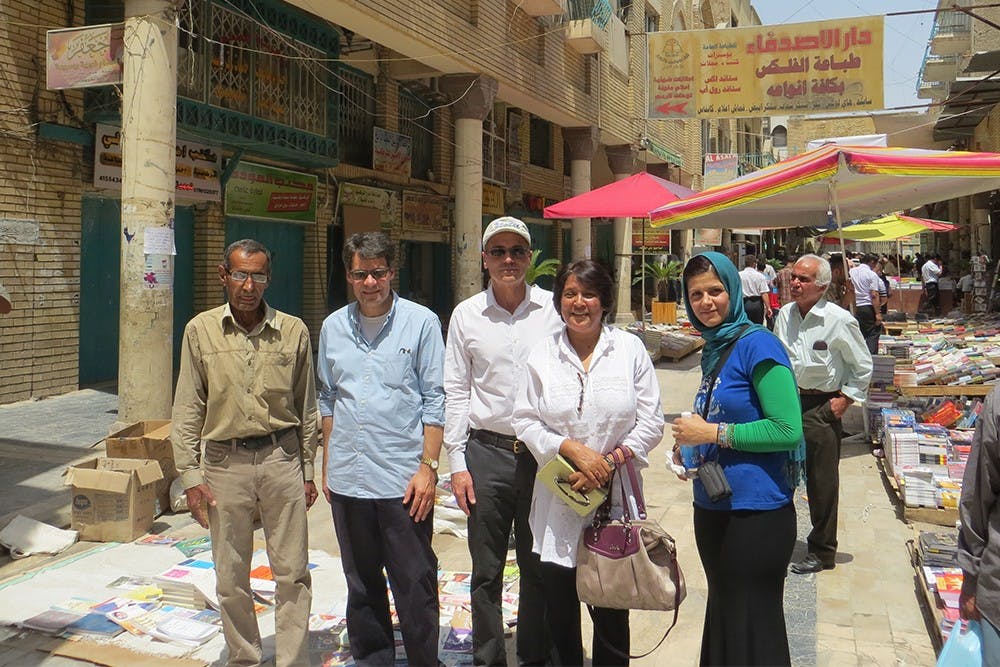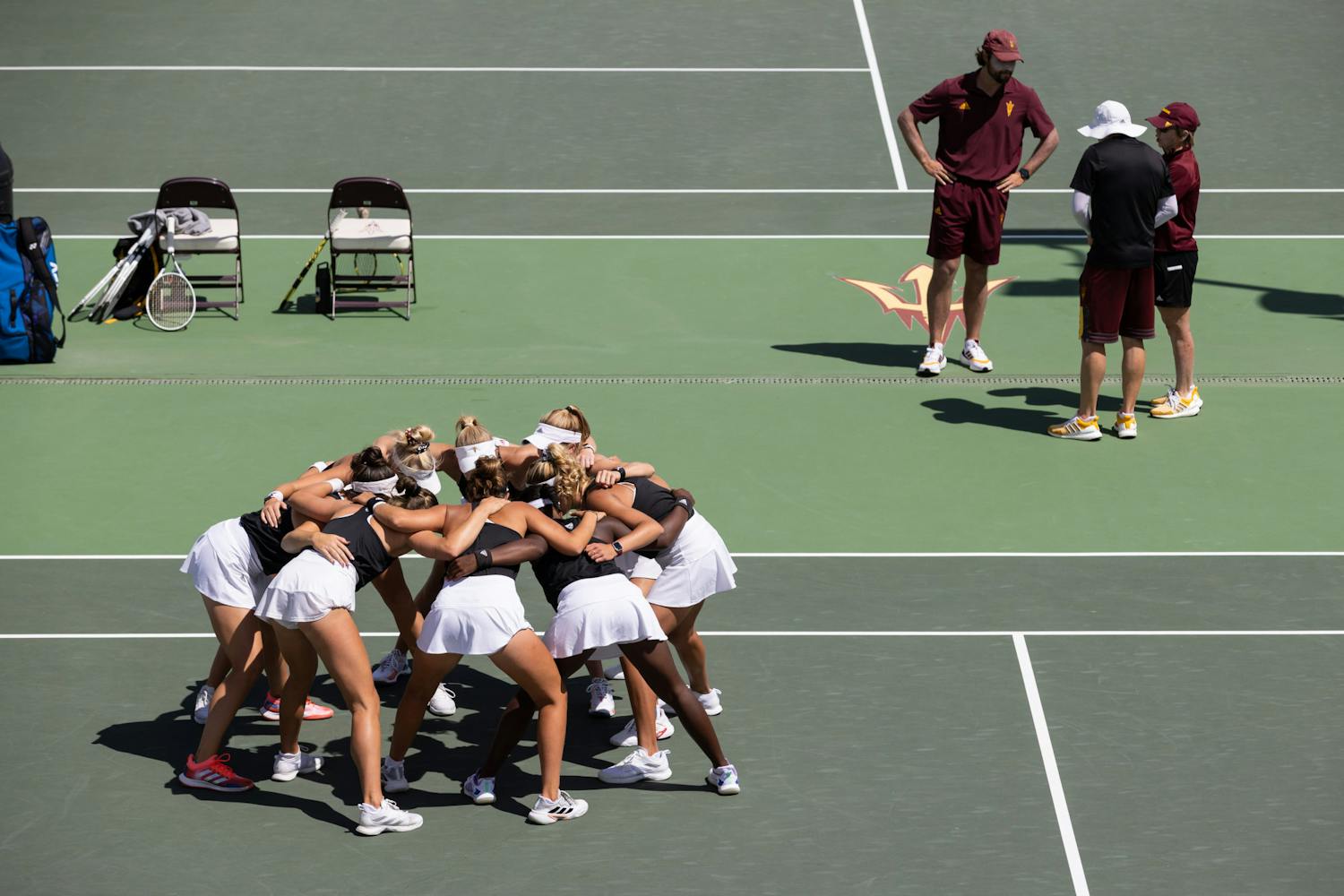Outside of those who have experienced war firsthand, few are able to say they understand its impacts as intimately as ASU professor, historian and advocate for peace, Yasmin Saikia.
The Hardt-Nickachos Chair in Peace Studies at the Center for the Study of Religion and Conflict, Saikia has spent summer after summer traveling the globe to countries that have recently seen the ravages of war and violence in an effort to study the impact it has had on citizens.
Originally an Indian history scholar, Saikia first left her home in India to expand her studies to Pakistan and Bangladesh, countries created out of war.
It was while studying in Bangladesh that Saikia became aware of the profound impact war has on people.
“I came to realize that the war has ended, but the memories and the pain of the war, the losses that people suffered in the war, has not ended,” she said.
Saikia said that while listening to the stories of both those who had committed acts of violence and those who were victimized, she became aware of humans’ resilience and ability to empathize.
“Violence cannot destroy humanity," she said. "There is still a human being there, and listening to that human person, listening to that person — their angst, their trauma, their pain — reconvened a sense that they are worthy of something."
Saikia said it was at that point that she realized history could be more useful as a means to end violence than as a series of stories about significant events.
“The thing inside history is the people,” she said. “History is an event, but it’s the people who experience history.”
Since then, Saikia has sought to understand history through human relationships and has traveled to Burma, Ireland, Cyprus, Bosnia, Croatia, Malaysia, Turkey, Iraq and France, where she studied the impacts of the Charlie Hebdo attack that made headlines earlier this year.
Through her travels, Saikia came to focus her studies on the concept of peace and how the human connections that fabricate history can grow and mend in the future, regardless of blood that was shed in the past.
“Peace is not a contract,” she said. “Peace is understanding you and me. Peace is understanding human relationships.”
Saikia said that observing these human relationships has given her profound hope as she regaled stories of a Protestant taxi driver from Belfast who spoke with nothing but love and respect for Catholics, despite the bitterness between the two Christian denominations that had caused great hardships in his own life, and a man from Bosnia who lost his arm in that country's war with Serbia, but still expressed his willingness to welcome a Serbian person into his family.
“Compassion for others is so distinct in people that it gives me hope," she said. "Those are the things that stay with me. People have given me such incredible hope that there is always a possibility of a better future.”
As a professor, Saikia harnesses that hope and her experiences to teach students about history and its role in promoting peace.
East Asian studies senior and student in one of Saikia’s classes Brianna Lark said Saikia has taught her that history is about human connections and experiences.
“I hate when you have professors and they’re just teaching from history books and not from experiences. Experiences really help you to learn and grow,” she said. “You can’t just learn from just books.”
Carolyn Forbes, director of the Center for the Study of Religion and Conflict, agreed that Saikia’s experiences greatly enrich her understanding of history.
“She is a historian, and in addition to working in archives and understanding the deep historical roots, she’s also studying how they manifest in present day,” she said. “It’s like a living history.”
Forbes said she felt that history influences the present as much as the present influences people's perception of history, and Saikia’s methods of research truly examine the relationship between the two.
“(Saikia’s work) helps us come up with new framework to analyse the same old problems,” she said. “It’s added great dimension to our own work here at the center.”
Related Links:
ASU partners with New America to create Future of War project
Syria rhetoric minimizes real impact
Reach the reporter at icastil3@asu.edu or follow @isabella_m_cast on twitter
Like The State Press on Facebook and follow @statepress on Twitter




